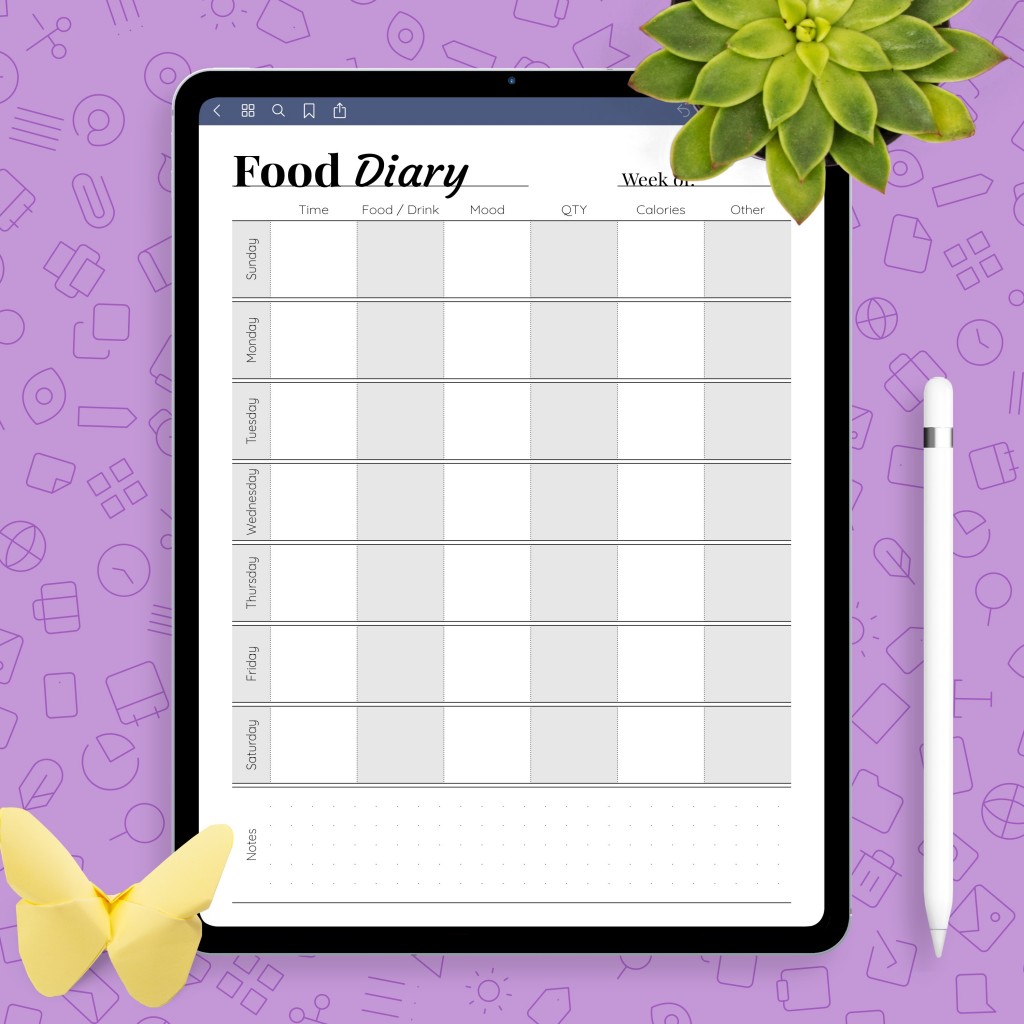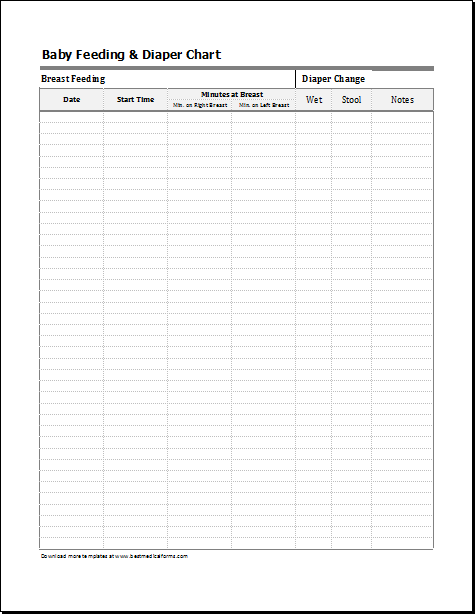

If you’re in a flare, she recommends making a few adjustments to your diet, such as swapping high-fiber foods like raw vegetables and apples for lower-fiber alternatives like steamed vegetables and melons. One caveat: The Mediterranean diet includes fruits and vegetables that contain insoluble fiber, which can exacerbate IBD symptoms when you are experiencing a flare-up, Cavagnaro says. “Following an overall healthy and anti-inflammatory diet, such as the Mediterranean diet, can help maintain remission,” Cavagnaro says. The Mediterranean diet, which is rich in omega-3 fatty acids, fiber, legumes, fruits, and vegetables, has shown some ability to lower inflammation levels in people with IBD, according to a study published in January 2021 in the journal Inflammatory Bowel Diseases. You can also get access to expert-led one-day and multiday courses about everything from wellness tips to exercise regimens. It has everything you need to keep a detailed food journal as well as track your symptoms, bowel movements, doctor’s appointments, and medications.


It has an extensive database of over 14 million foods as well as a huge community that allows you to connect with others who have similar goals and dietary issues - in this case, Crohn’s and colitis.Īnother great tool to help track and manage your diet, My IBD Care is geared specifically toward people who have IBD. MyFitnessPal is one of the most comprehensive food logging apps available. It can also track calories and macronutrients (carbs, protein, fat), which can help ensure you’re getting adequate nutrition and maintaining a healthy weight. If you’re following a specific diet to manage your symptoms, such as the Crohn’s Disease Exclusion Diet, you might want to track your food intake using an app such as MyFitnessPal, Cavagnaro says. Here are some of the best nutrition apps for people with IBD. “In many ways, the future is bright when it comes to wearable technologies and apps.” “In the future, I think there’s a possibility that doctors will have the ability to monitor and treat IBD patients through app-based technologies that feed directly into an electronic medical record,” he says. Qazi recommends prioritizing functionality and usability. Many people “who have access to smartphone technologies have found apps really helpful,” says Taha Qazi, MD, a doctor of gastroenterology, hepatology, and nutrition at Cleveland Clinic. Technology can be an effective tool in helping those who have IBD, including Crohn’s disease and ulcerative colitis. Nutrition Apps That Can Help You Manage Living with IBD Thankfully, technology has created ways to help you alleviate and cope with the symptoms of IBD. “Eating a diet high in fruits, veggies, beans, lentils, whole grains, fish, nuts and seeds, and avocados while limiting processed foods, red meat, and added sugars may be beneficial,” says Stacy Cavagnaro, a registered dietitian with a focus on IBD at Cleveland Clinic.Īs important as it may be to monitor your diet, tracking your food intake can be, well, exhausting at times. A healthy diet also supplies you with beneficial nutrients that can help ward off complications such as malnutrition and weight loss, according to the Crohn’s & Colitis Foundation. Since IBD affects the gastrointestinal (GI) tract, your diet plays an important role in keeping symptoms at bay. (Ever eaten a bag of trail mix and had stomach cramps the rest of the night?) If you’re like many people with inflammatory bowel disease (IBD), you may have noticed that what you eat can directly influence how you feel.


 0 kommentar(er)
0 kommentar(er)
